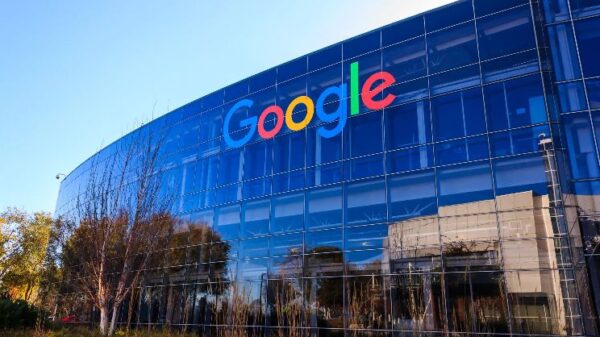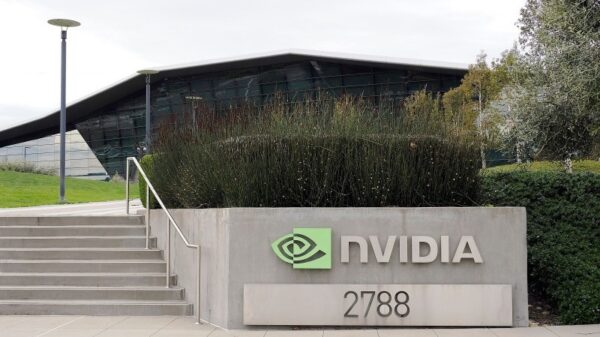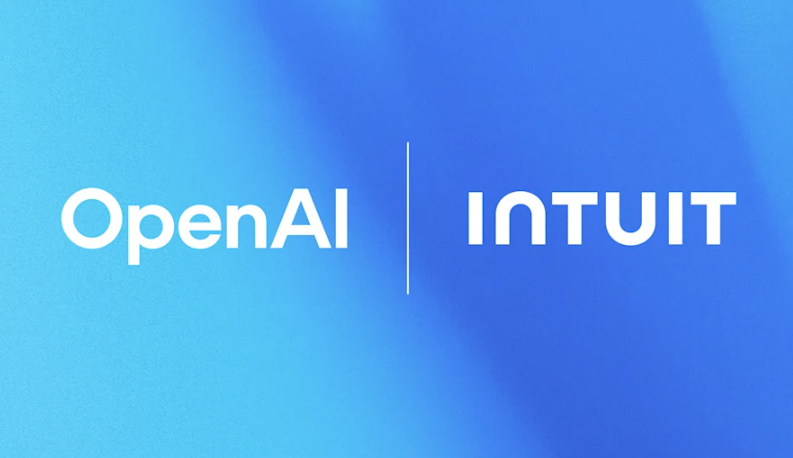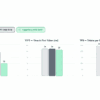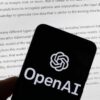Intuit Inc., a leading financial services software company, has announced a strategic partnership with OpenAI aimed at integrating its applications with ChatGPT. This collaboration is set to not only expand the reach of Intuit’s products—such as TurboTax, QuickBooks, Credit Karma, and Mailchimp—but also enhance productivity within Intuit’s own operations. The multiyear agreement is expected to generate over $100 million in revenue for OpenAI.
Described as an “end-to-end agreement,” the partnership will expose Intuit’s suite of products to thousands of prospective users via ChatGPT. Employees at Intuit will have ongoing access to ChatGPT Enterprise, while developers will gain extensive access to OpenAI’s application programming interfaces (APIs). This access is designed to leverage OpenAI’s advanced models to power various applications and research initiatives across Intuit, allowing employees to integrate AI into their daily workflows to boost efficiency.
Intuit’s diverse product lineup targets both businesses and consumers, with notable offerings including TurboTax for tax preparation, QuickBooks for accounting, and Credit Karma for personal finance management. The company also owns Mailchimp, an email marketing platform. According to Intuit, each of these products stands to benefit significantly from the integration of OpenAI’s technologies, particularly through the development of AI agents capable of automating tasks across its platforms and services.
In a recent interview with the Wall Street Journal, OpenAI’s Chief Executive of Applications, Fidji Simo, emphasized how the partnership could enhance financial literacy on an unprecedented scale. She articulated that ChatGPT, traditionally a somewhat isolated tool, is poised to transform into a platform interconnected with valuable services. Ultimately, OpenAI aims to evolve ChatGPT into a “super personal assistant” that can assist users in various facets of life, rather than simply developing a “superapp.”
Intuit’s CEO, Sasan Goodarzi, shared insights on the partnership’s potential, noting that it could help the company tap into a previously unreachable customer base that interacts with ChatGPT daily. While specific details on how ChatGPT will facilitate user reach were not disclosed, the companies outlined the practical benefits for existing customers. For example, TurboTax users will be able to link their accounts to ChatGPT, which will enable the chatbot to perform tasks like estimating tax refunds, reviewing credit options, or managing business finances. This setup allows ChatGPT to guide users through the TurboTax process without accessing sensitive financial information, all within the ChatGPT interface.
This deal marks a pivotal moment for OpenAI as it seeks to establish a more sustainable revenue model amid ongoing monetization challenges. Reports indicate that only a small fraction of ChatGPT users have subscribed for paid services, with the company facing substantial operational costs associated with data center infrastructure and research. The partnership with Intuit is part of a broader strategy, as OpenAI has also embarked on similar collaborations with companies like PayPal Holdings Inc., Shopify Inc., and Walmart Inc., integrating payment and transaction capabilities into ChatGPT.
The current landscape raises questions about the looming potential of an AI market bubble, highlighted by soaring stock valuations and unsustainable debt levels against current revenue figures. Goodarzi has expressed a belief that while the transformative potential of AI is real, the pace of its adoption may be overstated. He is optimistic that AI technology will drive more innovation than past technological revolutions, including electricity and the internet, although he acknowledges that such change may take time.
As this partnership unfolds, stakeholders in the financial technology sector will be watching closely to see how the integration of AI with established financial tools can reshape user engagement and operational efficiency in this dynamic landscape.
See also AI-Generated Campaign Ad Sparks Ethical Debate in U.S. Senate Race
AI-Generated Campaign Ad Sparks Ethical Debate in U.S. Senate Race IBM Integrates AI Platform into Microsoft 365, Saving Consultants 250,000 Hours Annually
IBM Integrates AI Platform into Microsoft 365, Saving Consultants 250,000 Hours Annually Yang Hongxia’s InfiX.ai Aims for Decentralized Generative AI with $250M Valuation
Yang Hongxia’s InfiX.ai Aims for Decentralized Generative AI with $250M Valuation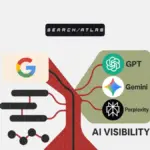 New Study Reveals 43% Domain Overlap Between Perplexity and Google Results
New Study Reveals 43% Domain Overlap Between Perplexity and Google Results Tuscaloosa City Schools Launch AI Initiative to Enhance Classroom Learning by 2026
Tuscaloosa City Schools Launch AI Initiative to Enhance Classroom Learning by 2026
